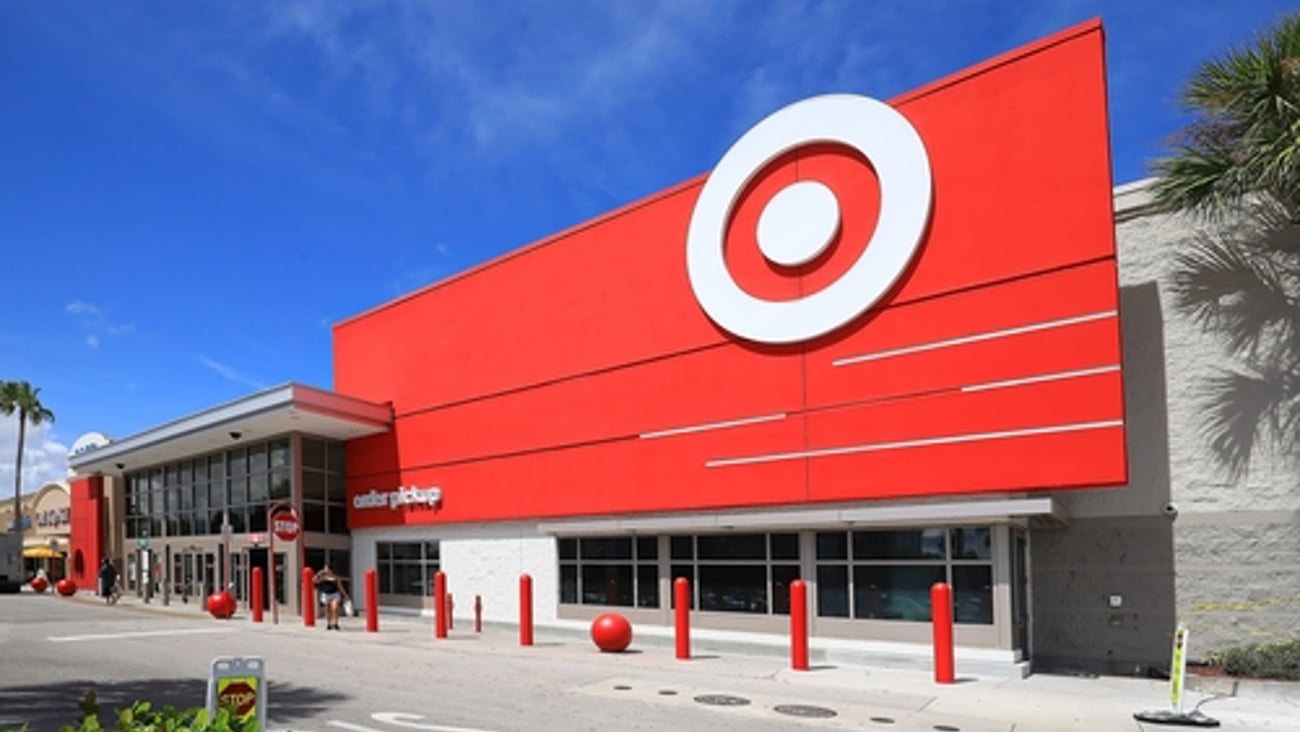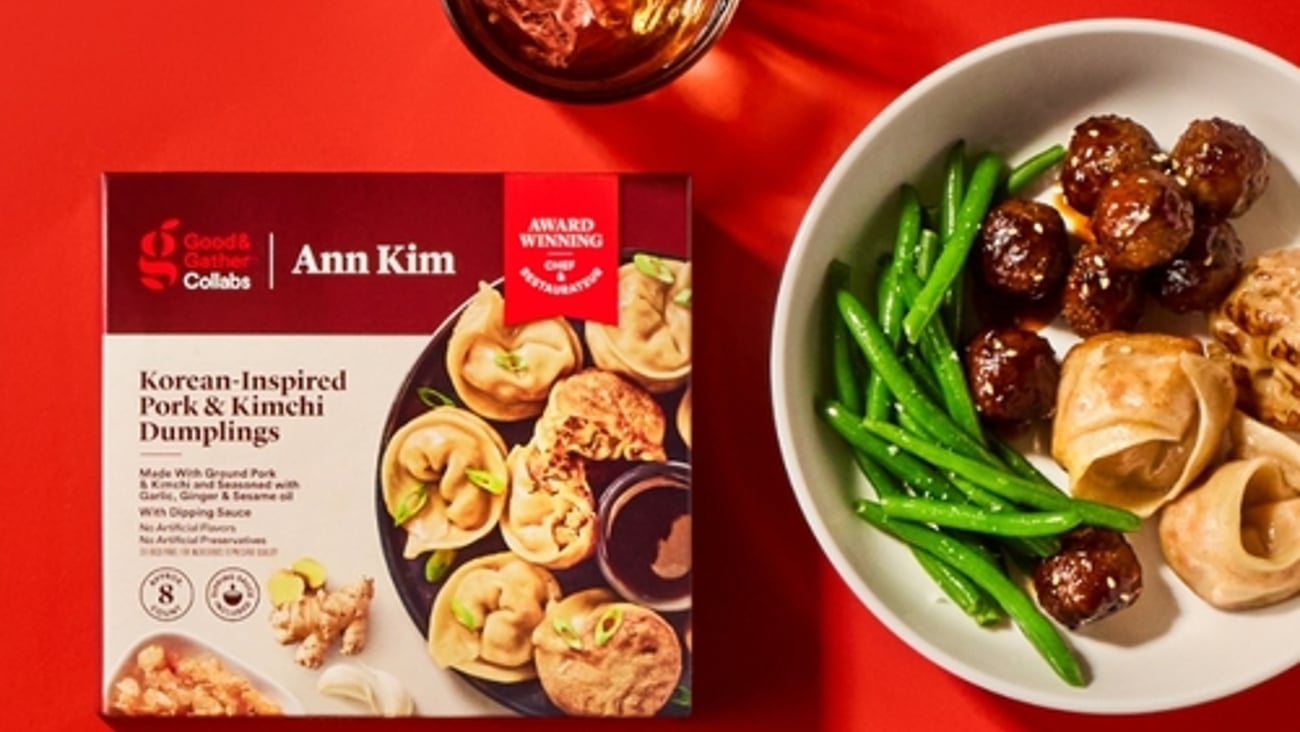Organic continues to provide opportunities for private brands
"Organic."
The term no longer sounds exotic, weird or even stuffy. And products labeled as such are now seemingly for everyone, not just the people who shop at specialty retailers.
Organic is everywhere. It’s on the packages of milk, eggs, soup, cheese, coffee, meat, fruit, vegetables and even pet food. Organic products are sold everywhere from The Kroger Co. to Joe’s Supermarket.
In 2017, 88 percent of U.S. households purchased organic food and beverages — a trend that’s growing in strength as consumers increasingly turn to healthier and clean options in food, beverages and non-food categories like personal care, according to a recent report from market researcher Nielsen. Retail measurement data validates this shift. In the year ended Sept. 2, 2017, dollar sales of UPC-coded organic products grew 9.8 percent, and unit volume increased 11.4 percent compared to the previous year.
Organic products are more expensive than conventional products for several reasons, including labor and supply. In fact, many of the ingredients for organic products in the U.S. are imported from overseas. For instance, organic eggs cost an average of 122 percent more than the average retail price for eggs; organic milk is 87 percent higher; organic vitamins are 40 percent higher; and organic baby food is 20 percent higher, according to Nielsen.
But this is where private brands have come in and continue to come in. Retailers of organic private brands offer organic products cheaper, like they do with national brand equivalent conventional products. And they are finding great success.
Consider the Kroger Co., which introduced its Simple Truth Organic line in 2012. Simple Truth Organic, along with Kroger’s Simple Truth free-from product line, features more than 1,400 products across multiple categories. Cincinnati-based Kroger announced earlier this year that Simple Truth had achieved $2 billion in annual sales.
“Here’s Simple Truth in a nutshell: natural and organic foods that are affordable,” says Gil Phipps says, Kroger’s vice president of Our Brands.
In 2014, Bentonville, Ark.-based Walmart began carrying organic food products under the Wild Oats brand for more affordable price points than could be found at specialty stores.
“We know our customers are interested in purchasing organic products and, traditionally, those customers have had to pay more,” Jack Sinclair, Walmart’s executive vice president of grocery, said at the time. “We are changing that and creating a new price position for organic groceries that increases access. This is part of our ongoing effort to use our scale to deliver quality, affordable groceries to our customers.”
According to Nielsen, when looking at the average price for a selection of organic items, the private brand basket was 18 percent less expensive than the branded basket.
In recent years, organics have become more accessible and popular than ever with dollar sales shifting across channel lines, according to Nielsen stated. While premier natural and fresh outlets account for 26 percent of organic spend, share has started to shift in the last two years. For instance, warehouse/club stores, which gained 0.8 percentage point in the last two years, now represent 27 percent of the total organic spend. Supermarkets, mass merchandisers and discount grocery channels now represent a combined 25 percent share of organic spend, up 2.0 percentage points from two years ago.
Nielsen reports that 29 percent of Americans say organic claims influence their purchasing of food and beverage categories. They simply perceive organic foods to be healthier, among other things.
Organics will continue to grow across all channels, although retailers must be strategic in their approach to foster that growth. And organics will continue to be a solid option for private brands.





